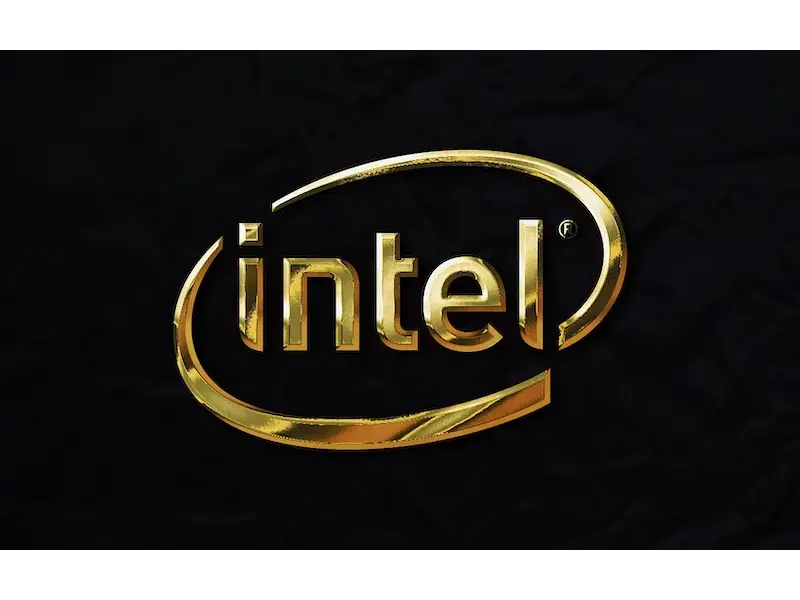- Intel challenges Nvidia and Qualcomm in automotive semiconductors with AI chips, bolstered by acquiring French startup Silicon Mobility.
- Differentiating through versatility and scalability, Intel’s AI system-on-a-chip targets various vehicle models, aiming to meet performance and durability requirements.
- Intel’s commitment to the semiconductor market includes supplying chips for Zeekr and emphasizing a technology-agnostic approach, solidifying its role in shaping AI-driven advancements in the automotive industry.
Intel is set to challenge industry leaders Nvidia and Qualcomm with the launch of automotive versions of its latest AI-enabled chips, a move aimed at dominating the semiconductor market essential for the evolution of autonomous driving technology.
Strategic acquisition fuels Intel’s ambitions
The announcement was made by Intel on Tuesday, accompanied by the disclosure of the acquisition of Silicon Mobility, a French startup specializing in system-on-a-chip technology and software for controlling electric vehicle motors and onboard charging systems.
The undisclosed deal, facilitated by venture funds Cipio Partners and Capital-E, positions Intel to strengthen its capabilities in a sector where innovation and adaptability are paramount.
Also read: Intel, Nvidia, AMD: Who is going to win the AI chip race?
Intel empowers Zeekr’s in-vehicle experience in China
Intel’s ambition to penetrate the competitive automotive semiconductor market includes providing chips for Chinese automaker Zeekr, which plans to utilize Intel’s AI system on a chip to enhance in-vehicle experiences.
This includes integrating AI voice assistants and video conferencing, as revealed by Intel’s automotive business chief, Jack Weast, at the CES technology show in Las Vegas.
While Intel has already supplied chips for infotainment systems in 50 million vehicles, it has faced tough competition from Nvidia and Qualcomm in the high-performance semiconductor market.
Acknowledging this, Weast emphasized the need for better communication, stating, “Intel has done a pretty terrible job communicating our success in automotive. We are going to change that.”
Intel has done a pretty terrible job communicating our success in automotive. We are going to change that.
Jack Weast, Intel’s automotive business chief
Versatility and scalability: Intel’s differentiation strategy
To distinguish itself in a highly competitive landscape, Intel plans to offer automotive system-on-a-chip products based on its recently launched AI PC technology. These adaptations will specifically address the durability and performance requirements unique to vehicles.
Intel aims to stand out by providing automakers with a versatile solution applicable across their entire product range, from budget-friendly models to premium vehicles.
Additionally, Intel emphasizes its technology-agnostic approach, allowing automakers flexibility in choosing the technology for automated driving and other functions.
This stands in contrast to Nvidia’s powerful and relatively expensive products, with Intel underlining the importance of scalability to address concerns about power consumption and costs associated with high-performance chips.
Also read: Intel Drops Hightower Acquisition
Intel’s determined effort in the semiconductor market
As the automotive industry transitions towards AI-driven advancements, Intel’s strategic moves signal a determined effort to secure a significant share in the semiconductor market. This dynamic competition not only challenges established players but also positions Intel as a key player in shaping the future of smart vehicles.

